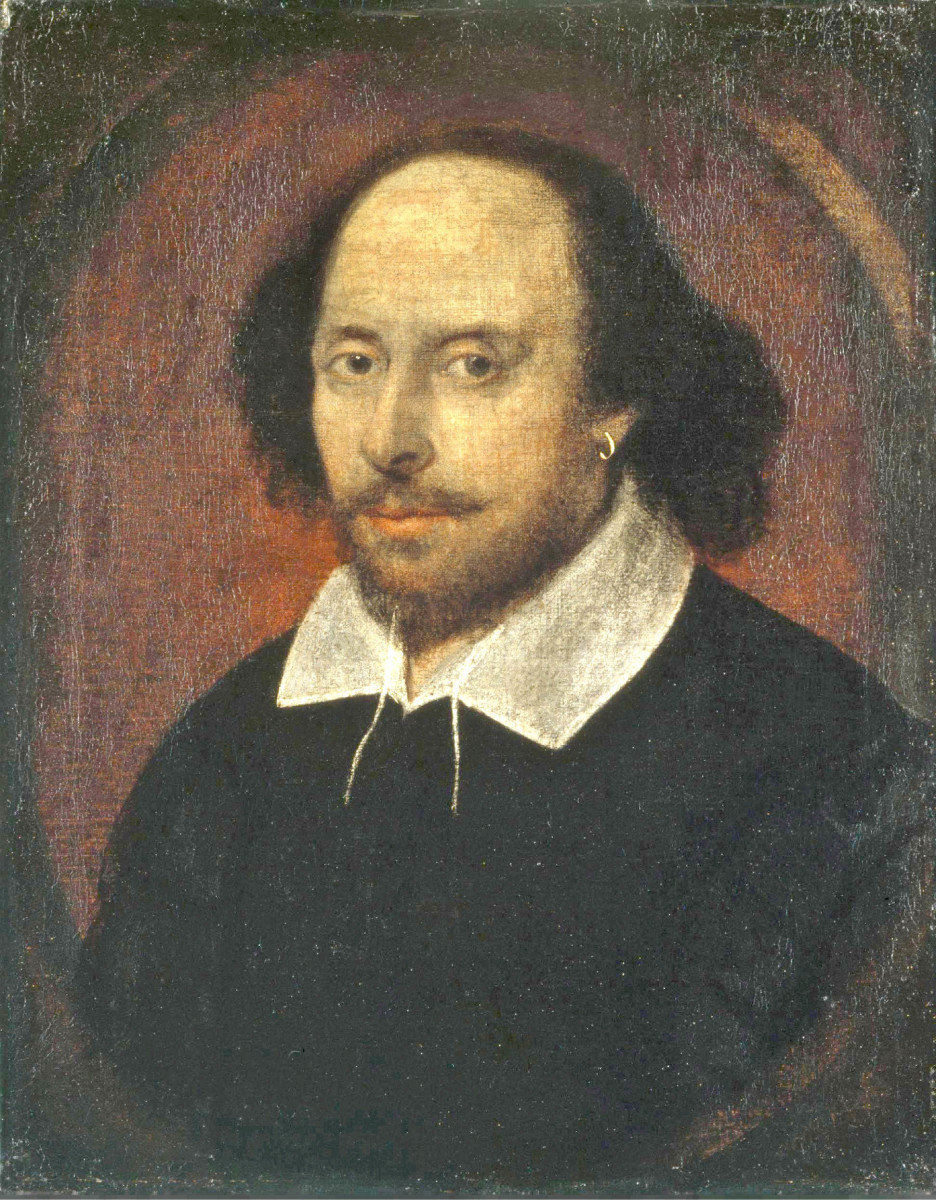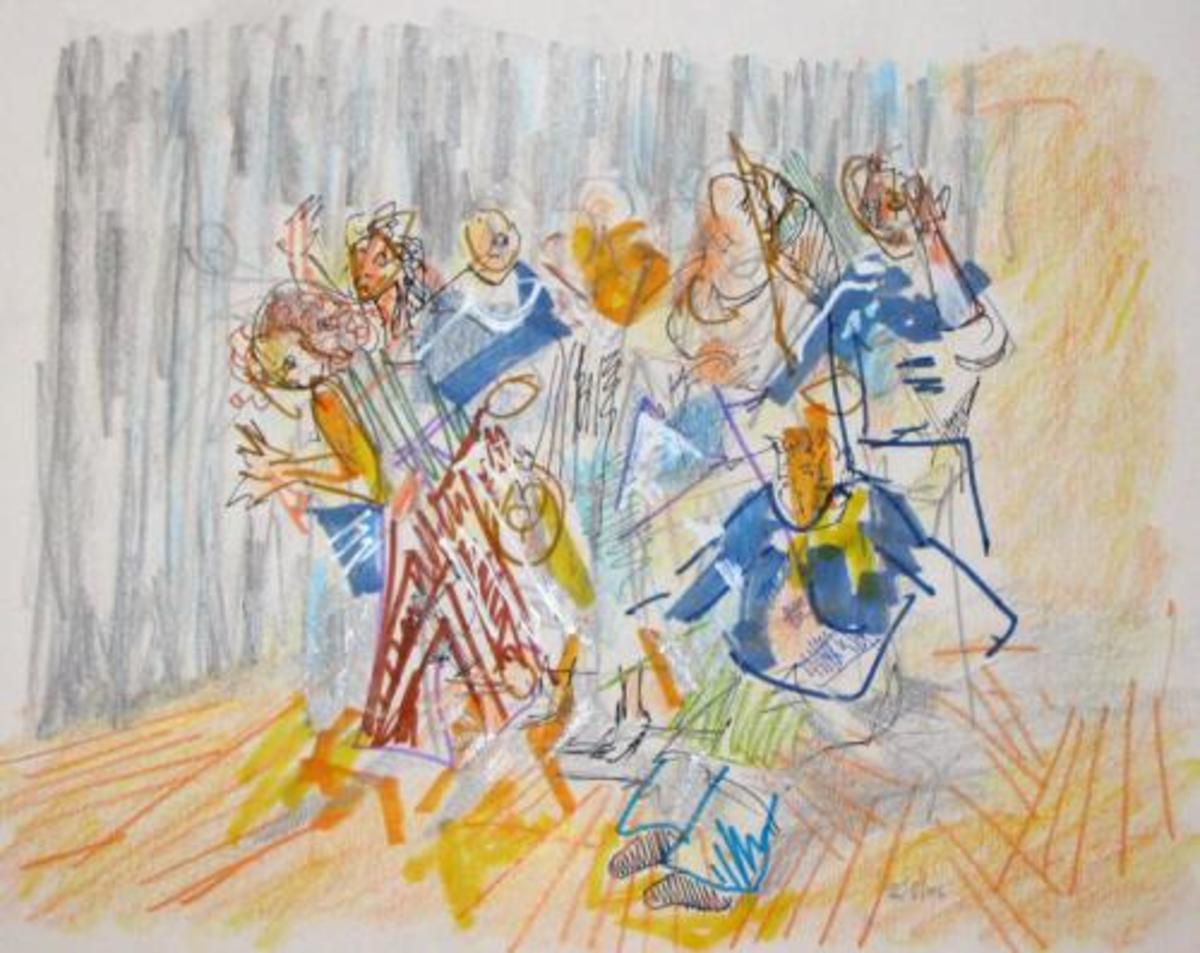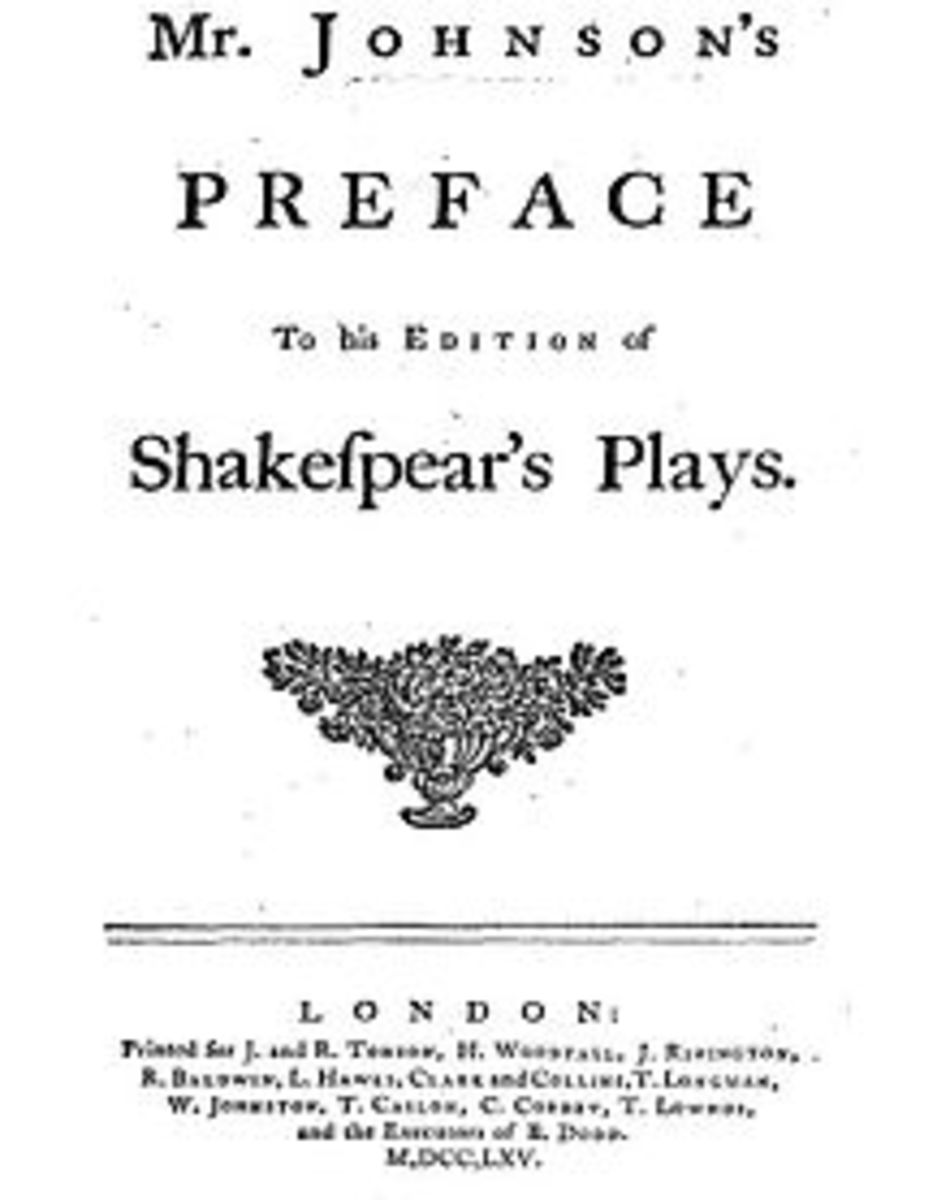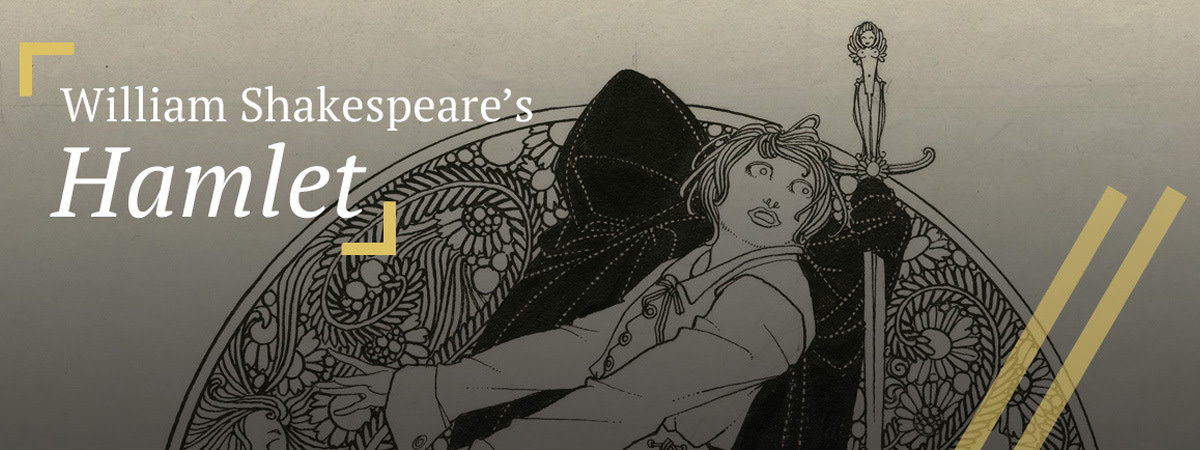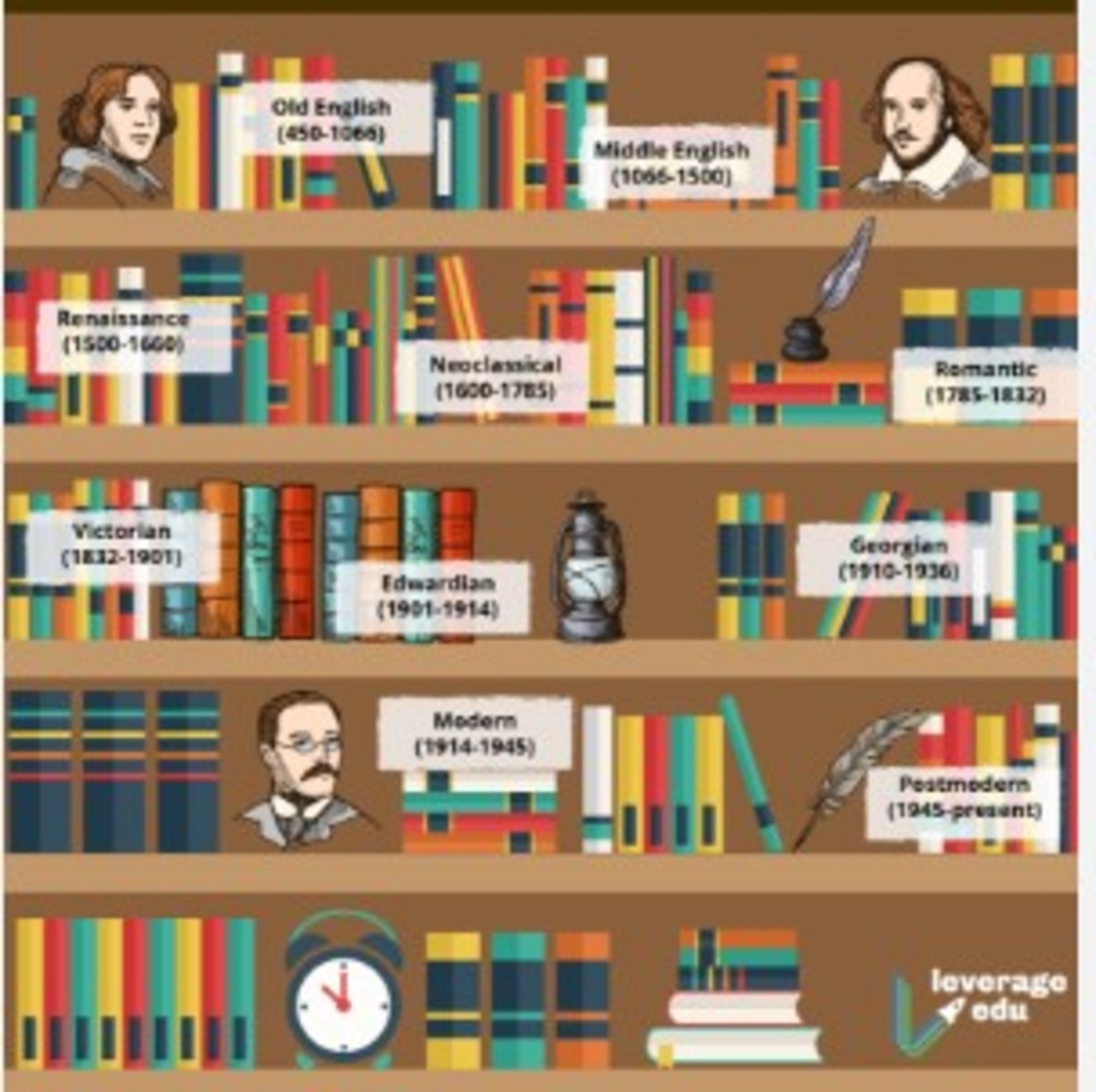Shakespeare's Twelfth Night and Middleton's The Changeling: Compare and Contrast
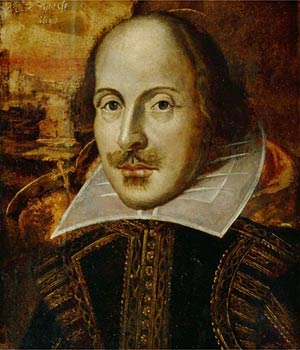
William Shakespeare's Twelfth Night and Thomas Middleton's The Changeling are two plays displaying an arrangement of situations which both parallel and oppose in a surprisingly coincidental manner. The specific examples following are based on how the situations of the fools and madmen in both plays compare and contrast.
There is a character in Twelfth Night who makes a living as a clown. Throughout the play, he wanders amongst the other characters receiving money for the entertainment he provides. He offers people a laugh with his witty humour and much pleasure with his singing. His aptitude for music is apparent in Sir Andrew’s desire for “so sweet a breath to sing, as the fool has”. The other characters refer to him as the fool, but this label does little justice to his true intelligence and talent.
In The Changeling, however, the entertainment provided by fools is far less dignified than that of the fool discussed above. Alibius and Lollio are two men who run an institution for the mentally ill. They are asked to organize the fools and madmen in their asylum to perform for one of the wedding celebrations of Vermandero’s daughter. They consider amongst themselves what sort of show their patients are to perform. They treat it as an opportunity for financial gain. Isabella, who stands by and sarcastically remarks that “Madmen and Fools are a staple commodity”, brings attention to the unscrupulous exploitation of their patients. This suggests that their patients are nothing more to them than a resource to be taken advantage of. This sharply contrasts the fool in Twelfth Night who has respect, enjoys free range, and keeps his earnings for himself.
1887 Etching of Thomas Middleton
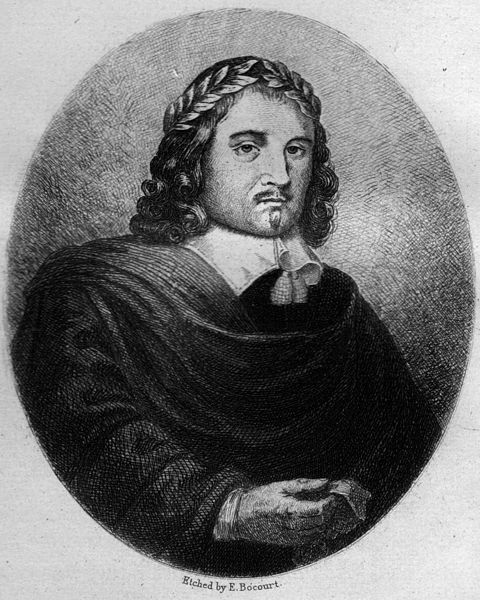
Mistaken identity is highly prevalent in Twelfth Night, one minor example of such is relevant to this discussion. While Malvolio is locked away for his alleged madness, the characters responsible for his imprisonment have the fool disguise himself as Sir Topas to further antagonize him.
A similar situation can be found in The Changeling, where Isabella comes before Antonio disguised as a madwoman. She speaks to him rather incoherently with various mythical references, expressing affection for him and even trying to kiss him. He tells her to leave him alone, revealing through his inability to recognize her out of normal dress that his previous affection for her was in fact very shallow. In addition to difference in the purpose of each guise, another discrepancy between these instances is the fact that it was someone taking the form of a fool in this play, and a fool taking the form of someone else in Twelfth Night.
For the remaining discussion, corresponding relationships between the characters of both plays must be established; Olivia and Malvolio from Twelfth Night, and Isabella, Antonio, and Franciscus from The Changeling. Olivia corresponds with Isabella, and Malvolio corresponds with Antonio and Franciscus, in the context of the following discussion.
In Twelfth Night, Malvolio stumbles upon a letter written by Maria in Olivia’s hand, for the purpose of fooling him into believing that it was written by Olivia. The letter presents a riddle which, when deciphered by Malvolio, reveals that she is writing to express her romantic interest in him. The letter instructs him to don attire and behave in a way contrary to what she is personally attracted to. When he comes before Olivia in this manner, the result is her assumption of his madness.
In The Changeling, Isabella receives a letter from Franciscus, expressing his love for her. He also states in this letter to her that he is merely posing as mad. The situation with the letter is similar in both cases in that both letters speak of affection for the reader and that both letters reveal the sanity of those involved. The difference is that the letter from “Olivia” to Malvolio is what leads him to be considered mad, through his resulting action, while the letter to Isabella from Franciscus is what proves him sane. Furthermore, the letter to Malvolio is very vague and it isn’t until he solves the riddle in it that he finds out it is Olivia’s confession of love to him. Alternately, the letter to Isabella is clear and frank regarding the sanity of the writer and his feelings for the reader by writing, “having now cast off this counterfeit cover of a madman, I appear to your best judgment a true and faithful lover of your beauty” .
Once again referring to an instance in Twelfth Night, Malvolio is imprisoned as a result of his perceived madness. This is due to his behaviour before Olivia, where he makes subtle romantic advances on her, referring back to the letter, the reason for his bold conduct.
Alternately, Antonio is revealed sane to Isabella when they first meet in The Changeling, where he expresses his affection for her. The difference between these two situations is that Malvolio acts indirectly, making vague reference to the letter he thought was from Olivia. Alternately, Antonio is very blunt in stating his affection for Isabella, even going so far as to try to kiss her. He also plainly states that he is not a fool. For each of the men, through their actions, Malvolio ended up being seen as a fool, while Antonio was revealed sane.
A similarity between these situations is by whom these two characters are considered fools. Until the near the end of the play, Olivia is the only one, not aware of the plot against Malvolio, to be exposed to his apparent madness. Isabella, before the conclusion of the play, is the only one to whom Antonio reveals that he is in fact sane. The difference here is that Antonio wishes for his guise to remain undiscovered while Malvolio makes great efforts in an attempt to prove he is not the madman others manipulated him to appear to be.
An area where the situation of Malvolio and Franciscus corresponds draws once again upon the letter from Franciscus to Isabella. This reflects the letter which Malvolio wrote to Olivia from his place of imprisonment, stating the wrong which had befallen him and that he was indeed sane. Further similarity here is that Franciscus’ as well as Malvolio’s sanity are clearly stated in the letters.
To conclude, the situations discussed above compare and contrast one another in such a way as to convey a striking level of coincidental circumstance. The situations of fools and madmen in these plays often parallel and oppose in a way which suggests the possibility of the influence of one play upon the writing of the other.


